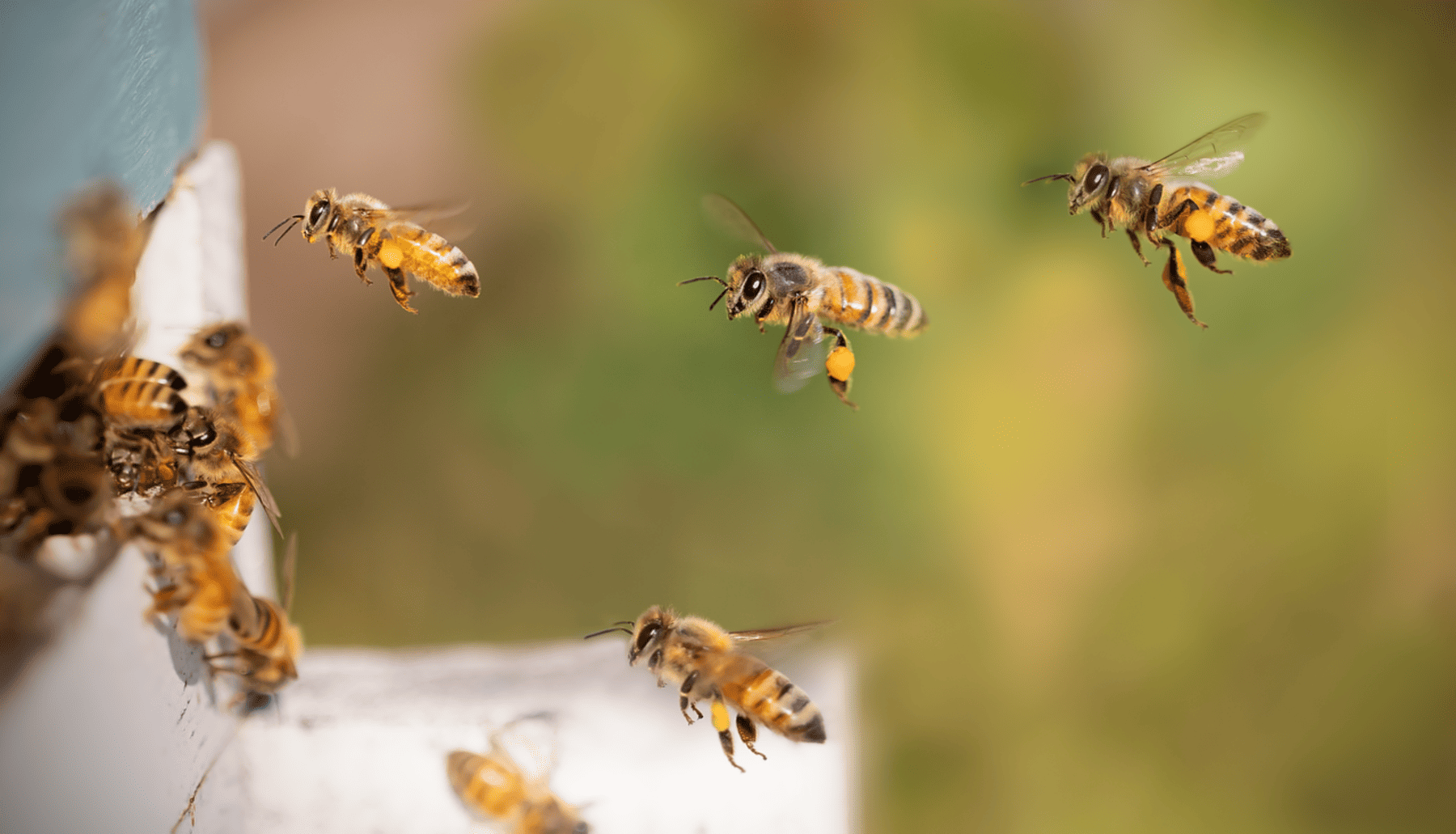New example of how Artificial intelligence (in this case together with genetic studies and citizen participation) It is connected to a project that in this case wants to protect the nature conservation of nature The incoming wasp promotion. Specimens that damage the beehives and also in checking the continuity and The PutFrees of beekeeping in Europe.
This project, called ‘AI BEEGUARD’, was designed by a multidisciplinary team in which the University of the Balearic Islands participates, in collaboration with the University of Girona and the Mediterranean Institute of Advanced Studies, Imedea (CSIC-SUB).
These experts have explained how this initiative will be developed whose goal is to use that advanced technology and innovative strategies to prevent that predatory species such as Veluttine Nigithhorax Velutin” Vespa Orientalis y Vespa Bicolor The hives attack.
AI to combat the invasive wasps that threaten the beehives from all over Europe
A multidisciplinary team in which the UIB participates has launched the ‘AI Beeguard’ project, an initiative of 3 years that Combine Artificial Intelligence (AI)Genetic studies and citizen participation to combat invasive wasps that threaten European beekeeping.
The aim is to protect hives with advanced technology and innovative strategies, of predatory species that have become a nightmare for European beekeepers such as such as Veluttine Nigithhorax Velutin” Vespa Orientalis y Vespa BicolorThe UIB has reported in a statement.
These three invasive wasps have destroyed beehives, have reduced the population of bees and have generated important losses for the sector while They assume a danger of biodiversity. The project is led by a multidisciplinary team of the University of the Balearic Islands (UIB), in collaboration with the University of Girona and the Mediterranean Institute of Advanced Studies, Imedea (CSIC-SUB).
Researchers propose innovative technological solutions, such as the implementation of automated detection systems by Computer Vision and optical sensors that identify wasps in real time. Scientists are working on the development of image recognition -algorithms that are able to distinguish wasp species with 95 % precision.
This systems They will be tested on various peninsulas, with the cooperation of beekeepers. Researchers will be one Mobile application aimed at beekeepers To check the species and contribute to mapping their distribution.
Dr. Mar Leza, lead researcher, explained that the project “not only tries to contain the expansion of wasps, but also to create accessible tools that enable beekeepers.” They are also planning to install physical structures for beehives to protect them. They are used to capture the wasps that try to develop bees in the same Colmenares.
Moreover, they are already a manual for good practice for beekeepers and public managers, based on scientific data, with information about the most effective control methods to manage these invasive species.
Leza explains that wasps not only kill bees, but also generate them “A chronic stress that weakens the colonies” So “avoid collecting employees, food reserves are exhausted and queens stop placing eggs.”
These species are expanding, probably because of the trade and transport of goods on a global scale. «We need more information to determine how and where they have been achieved; If we knew it, the necessary measures could be determined to prevent or hinder its expansion, “he said.
To resolve this unknown, researchers are planning to carry out genetic studies from the caught specimens to follow the trail of their expansion. The extraction and sequencing of the DNA of the wasps can help determine the genetic relationships between the different populations and show what their dispersion process was.
They will carry out campaigns Affected areas of Andalusia, Catalonia, the Valencian community, Galicia and the Basque Country. They also acquire samples of other interior areas of Europe and the native zone. It is also planned to carry out campaigns on the island of Mallorca, where the arrival of these species could have a strong impact on the fragile island balance.
With an annual invasion management that costs that more than 50 million euros in Europe, ‘IA BEEGUARD’ is a crucial step to protect both biodiversity and an important industry for global food security, through the combination of cut -advanced technology and ecological knowledge.
The UIB research team has been on the trail of the wasps for years. They were the first to confirm the presence of the Asian wasp in Mallorca (2015) and actively participated in their extermination (2020), developing a mobile application (Vespapp) and promoting the collaboration campaigns of citizens who were allowed to detect many of the nests of this species on the island.
During these years, the team also worked on the genetic analysis of the detected nests, which was able to confirm that there have been at least two independent introductions on the island. EFE / ECOTICIA.COM

